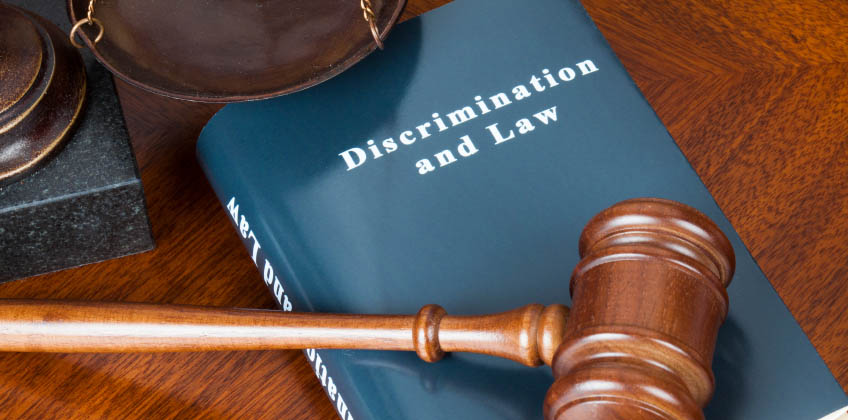Like it or not, the Fair Housing Act of 1968 affects us all, especially if you live in an HOA. The laws are designed to protect specific classes of people, and you may be surprised exactly how many groups fall into this category. It’s wrong and illegal to discriminate against someone due to race, religion, sex, nationality, familial status, or disability. The law protects people from discrimination when they are renting, buying, or securing financing for housing.
Although the Fair Housing Act has been in effect for decades, many people are unfamiliar with the laws that govern home ownership and the real estate industry. The Act was passed by Congress under President Lyndon B. Johnson and was designed to solve a nationwide issue of unlawful housing discrimination against specific “protected” classes of people.
Furthermore, in 2016 new rules that were enacted by the Department of Housing and Urban Development (HUD) that could impact HOAs, and associations must be clearly aware of these “new” rules. These rules identify two types of harassment that are recognized by the FHA:
*Hostile Environment. This type of harassment, also recognized by the FHA, applies to harassment based on a protected class (i.e., religion, race, color, handicap, etc.), and is defined as unwelcome, pervasive, or severe conduct that interferes with the use and/or enjoyment of facilities or services. Hostile Environment Harassment may include intimidation, threats, interference, or coercion against the homeowner or their family.
*Quid Pro Quo. Quid pro quo harassment is considered a “this for that” exchange and occurs when a resident is submitted to an unwelcome request from a housing provider to obtain or maintain housing-related services. In an HOA setting, for example, if a resident is prohibited from using association amenities because he/she refuses to have dinner with a board member, that may be considered quid pro quo harassment.
There are dozens of examples of associations that have been adversely affected by not adhering to FHA laws, and the fines and penalties can be significant. HOA board members have the responsibility to understand how these laws work and ensure their community follows the Fair Housing Act, period.
Do FHA Laws Apply to Everyone?

According to the Justice Department, the act applies to individuals, corporations, associations, and others involved in the provision of housing and residential lending, including property owners, housing managers, homeowners, and condominium associations, lenders, real estate agents, and brokerage services.
What is the Penalty for an FHA Violation?
The civil penalty starts at $19,787 for a single violation of the FHA and up to $98,935 for multiple violations. Also, the violator will likely have to pay the attorney’s fees of the wronged party. Yes, each member of an HOA board could be held individually liable for the harm.
FHA Requirements for HOAs
If homeowners own property subject to the authority of an HOA, they may sometimes feel these community organizations have virtually unlimited power to regulate their own communities. This way of thinking is not entirely accurate. However, it is conceded that associations retain much-unchecked authority.
Although this may be the case, there are certain actions taken by an HOA that will be considered discrimination under federal law and are expressly prohibited. These instances are very -fact specific and regulated by the FHA and HUD. The Act prohibits:
- Discrimination against families with children under 18.
- It requires that you make reasonable accommodations for people with disabilities.
- It prohibits all forms of discrimination based on protected classes.
HOA Preparation

So, what can an HOA do to ensure compliance with the FHA and avoid possible legal action? Because each case is unique and the laws related to housing discrimination are complex, it’s always a good idea for association boards to follow the advice of their association management company. And possibly talk with a lawyer about the potential need to update their rules and regulations regarding the FHA, as well as to gain a better understanding of their state’s specific Fair Housing Act to avoid potential costly mistakes.
Understanding the Fair Housing Act is important and if your community is dealing with some of these issues, consider the advantages of hiring a professional HOA management company like AMC Inc. (Association Management Concepts). We will work with you to resolve and help settle disputes of any kind, even if you’re a self-managed association. Contact us at 916-565-8080 ext. 324, or www.assocmc.com.




